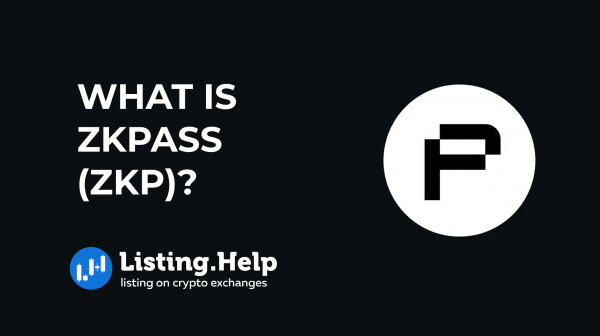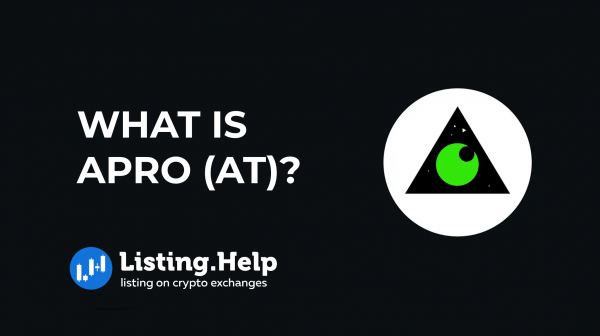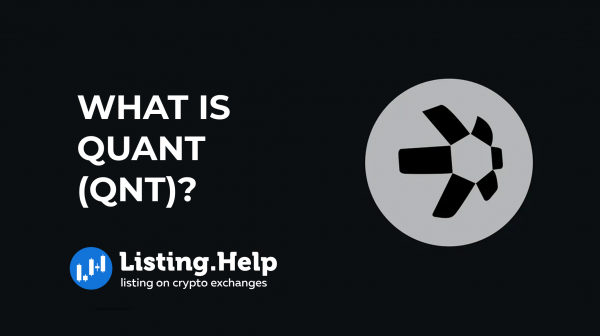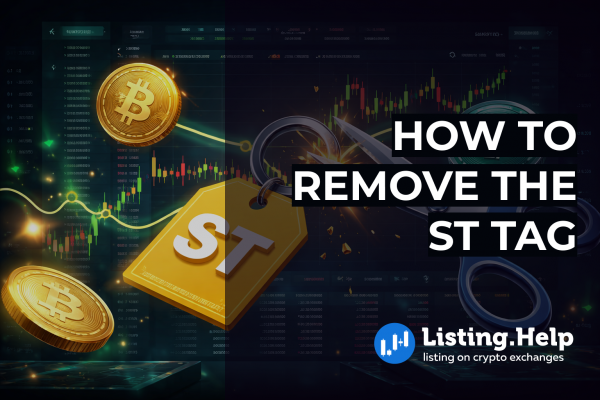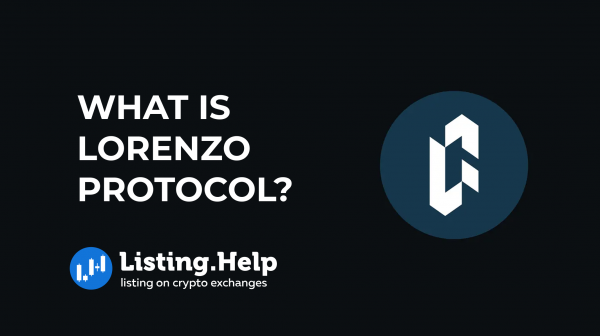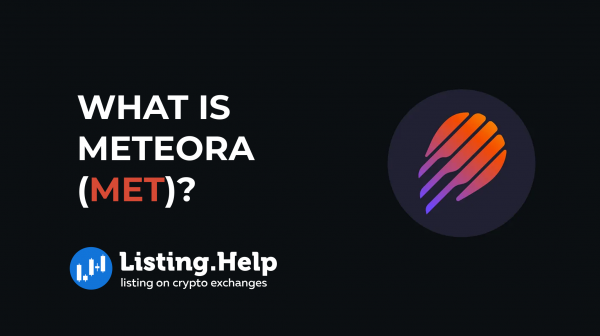What Are Actively Validated Services (AVS) in Blockchain?
 July 15, 2024
July 15, 2024 Updated: January 26 2025, 07:16
Updated: January 26 2025, 07:16
LEAVE A REQUEST
Launching your own token project? Our experts are ready to help with listing on exchanges, market making, marketing and other solutions
SUBMIT APPLICATIONActively Validated Services (AVS) are a noteworthy advancement in the realm of digital service management and upkeep. This broad concept encompasses a variety of practices and technologies dedicated to maintaining the continuous operation, security, and performance of systems. This article will delve into the nature of AVS, their functioning, their role in the blockchain industry, and their implementation in the EigenLayer project.
Actively Validated Services (AVS) are services subject to relentless monitoring and verification to ensure they operate correctly, securely, and efficiently. Unlike traditional services, which are checked periodically or in response to issues, AVS employs a proactive and ongoing approach. This constant validation process helps identify and address problems before they affect users or disrupt operations.
Core Aspects of AVS
1. Continuous Monitoring: AVS includes real-time observation of system activities, enabling the early detection of irregularities and deviations from expected patterns.
2. Automated Validation: Regular testing and verification through automated tools and scripts ensure the system adheres to set standards and requirements.
3. Proactive Issue Detection: Continuous system validation allows AVS to pinpoint potential problems before they escalate, facilitating timely intervention.
4. Enhanced Security: Ongoing security checks and validations help uncover vulnerabilities, ensuring security measures are current and reducing the risk of breaches.
5. Improved Reliability and Performance: Constant validation ensures the service remains dependable and performs optimally, meeting service level agreements (SLAs) and user expectations.
6. Compliance and Auditing: AVS supports adherence to industry regulations and standards through continuous validation and systematic documentation of system operations.
7. User Confidence: By consistently demonstrating a commitment to improvement and reliability, AVS can build and enhance user trust and satisfaction
How Actively Validated Services Work?
Actively Validated Services (AVS) function through a series of essential processes and technologies designed to maintain system integrity and performance.
Continuous Real-Time Monitoring
At the core of AVS is real-time monitoring. This process involves the constant observation of various metrics and performance indicators to ensure the system is functioning as expected. Advanced tools are used to track network traffic, user activity, resource usage, and more, providing a comprehensive view of the system’s health.
Automated Testing Procedures
A vital part of AVS is automated testing. This involves running scripts and tools to simulate different scenarios and observe system responses. These tests vary from simple functional checks to complex security penetration tests, all aimed at identifying and resolving issues before they can affect users.
Detection of Anomalies
Using sophisticated algorithms and machine learning models, AVS can detect anomalies in system behavior. These tools identify patterns that deviate from the norm, flagging potential issues for further investigation. This proactive approach helps in catching problems early.
Effective Incident Response
When an issue arises, having a robust incident response system is crucial. This system includes predefined protocols for handling different types of issues, ranging from minor performance slowdowns to significant security threats. Some automated response systems can even take corrective actions without needing human intervention.
Regular Reporting and Compliance
AVS also involves consistent reporting and compliance checks. Regular reports provide detailed insights into system performance, security status, and any resolved issues. Compliance checks ensure the system meets all relevant regulations and standards, maintaining trust and reliability..
The Role and Benefits of AVS in Blockchain Technology
Blockchain technology, valued for its decentralized and secure nature, naturally complements the principles of Actively Validated Services (AVS). Blockchain systems inherently involve continuous validation through mechanisms like the Nakamoto Consensus. However, AVS can further enhance blockchain networks by boosting their security, performance, and reliability.
Ongoing Validation
In blockchain networks, ongoing validation is a critical process due to their decentralized and distributed nature. Network nodes validate transactions and blocks to ensure the integrity of the ledger. This continuous validation prevents issues such as double-spending, maintains data consistency, and upholds trust within the system.
Strengthened Security
While blockchain networks are already resistant to fraud thanks to decentralization and cryptographic measures, AVS can provide an additional layer of security. Continuous monitoring and automated validation can help detect and mitigate potential threats, including 51% attacks where a malicious entity gains control of the network’s hashing power.
Enhanced Performance and Reliability
Implementing AVS in blockchain networks can also lead to better performance and reliability. Continuous monitoring helps identify and address performance bottlenecks promptly. Automated validation ensures that network upgrades and changes do not introduce new vulnerabilities or performance issues.
Regulatory Compliance
As blockchain technology becomes more integrated into regulated sectors like finance and healthcare, meeting regulatory standards is essential. AVS can assist blockchain networks in achieving compliance by offering continuous compliance checks and detailed reporting, ensuring adherence to necessary regulations.
Actively Validated Services in the EigenLayer Project
EigenLayer is a blockchain initiative that embodies the principles of Actively Validated Services (AVS). Operating on the Ethereum blockchain, EigenLayer allows users to restake their ether (ETH) to secure multiple services and protocols at the same time. This method integrates AVS into its fundamental operations.
Restaking and Security
In EigenLayer, restaking involves participants locking up their ETH to provide security for various services. This adds an extra layer of validation, utilizing the inherent security of the Ethereum network. Validators are continuously monitored and must validate multiple services, ensuring security throughout the ecosystem.
Ongoing Monitoring and Validation
EigenLayer continuously monitors its validators to ensure they meet the necessary standards. This includes tracking performance, detecting anomalies, and validating actions in real time. This process ensures that all services on the platform function as intended.
Incentives for Validators
EigenLayer uses a system of rewards and penalties to motivate validators. Validators earn rewards for maintaining high performance and security standards, while those who fail to meet these criteria risk losing their staked ETH. This incentivized model aligns the interests of validators with the overall reliability of the network.
Proactive Issue Detection and Resolution
EigenLayer’s approach to issue detection uses advanced algorithms and automated tools to identify potential problems early. This proactive stance allows for timely resolution of issues, ensuring the continuous smooth operation of services dependent on EigenLayer.
Conclusion
Actively Validated Services provide a proactive framework for maintaining digital systems, ensuring efficient and secure operation. Through real-time monitoring, automated validation, and proactive issue detection, organizations can enhance reliability, user trust, and compliance with industry standards. Projects like EigenLayer illustrate the effective application of AVS principles, showcasing their potential to strengthen the resilience of decentralized networks.

For more insights and updates on the crypto world, don’t forget to check out our blog at Listing.Help.






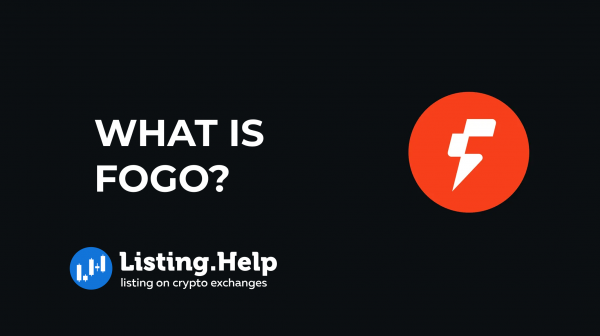
 February 23, 2026
February 23, 2026 